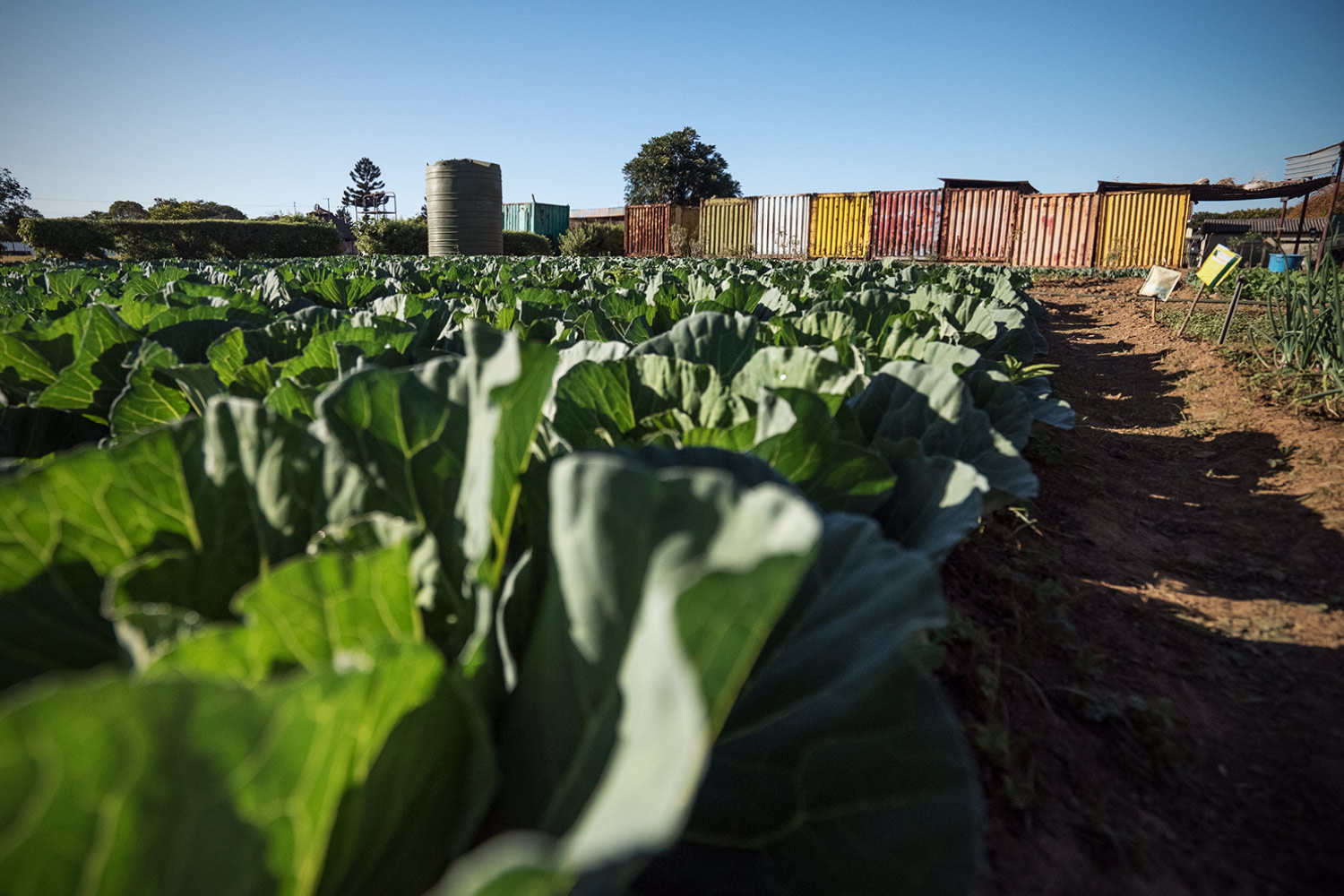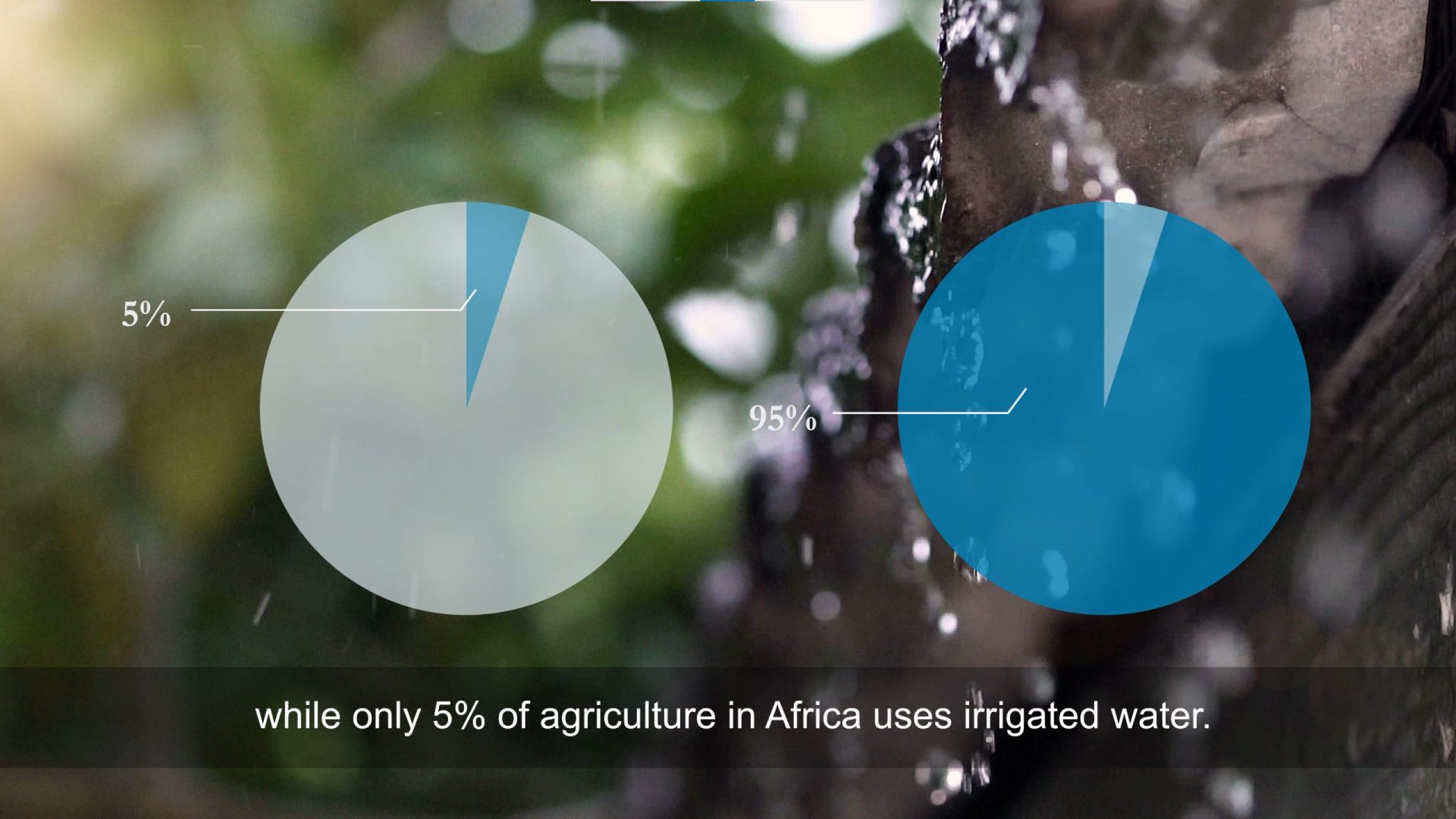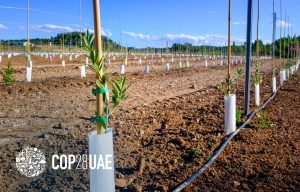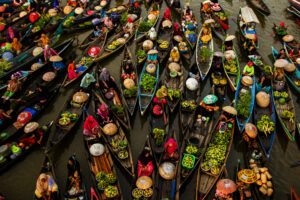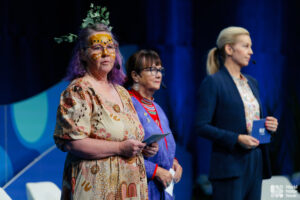There is a strong relation between how governments choose to invest in water management and implications for food security. Yet this fact is seemingly disregarded or unknown. The film launched during COP27 makes a clear statement on which direction water investments need to move towards, for improved food security in Africa.
Last week SIWI launched a short film Catching Raindrops in Africa, based the Transforming Investments in African Rain-fed Agriculture project or TIARA.
The film highlights linkages between climate change, agricultural investments and water management in Africa. The most important message of the film at this year’s Climate COP27 is to support farmers, who are the frontline water managers of Africa. The actions they take on their fields impact soil erosion, sedimentation and groundwater recharge.
Why invest in rainwater?
A report co-authored by SIWI in 2018 shows that 95% of food production in Africa relies on rain-fed agriculture, yet 95% of public investments in agriculture are dedicated to irrigated agriculture.
The film hosts a range of arguments and raises awareness on the ground reality of farmers, especially in the face of climate change.
Several parts of the film were made on the field when SIWI’s Africa team visited partner NGOs in Malawi, Zambia and Zimbabwe in June 2022. TIARA has identified these three countries as hotspot regions where farmers are already extensively practicing rain-fed farming with the help of NGOs but are particularly vulnerable to climate change.
TIARA will progressively include other countries sharing the Zambezi River watercourse.
By next year, TIARA will develop the business case to show how a limited increase in investment to enhance rain-fed agriculture can yield exponential results – boosting both food and livelihood security in the continent as well as improving water and soil conservation.
